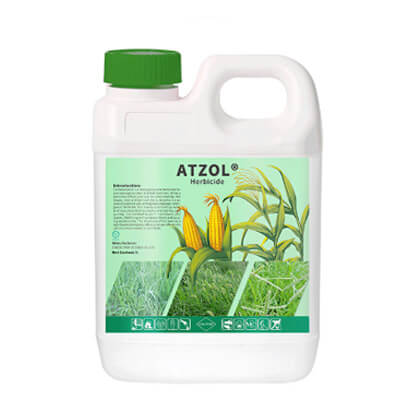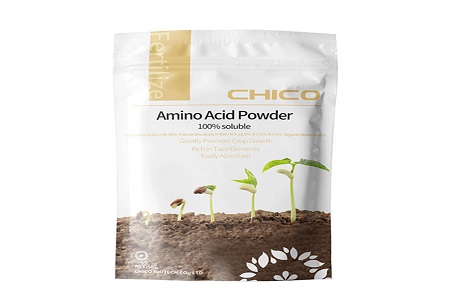
The Role of Amino Fertilizers in Improving Plant Growth and Development
Plants play a pivotal role in our ecosystem, sustaining life on earth by providing the oxygen we breathe and serving as a primary source of food. However, to thrive and reach their full potential, plants require adequate nutrients that are essential for their growth and development. Amino fertilizers have emerged as a valuable tool in enhancing plant health and productivity. In this article, we will explore the significance of amino fertilizers and how they contribute to improving plant growth and development.
Understanding Amino Fertilizers
Amino fertilizer is organic compounds that contain high levels of amino acids - the building blocks of proteins. These fertilizers are derived from natural sources such as animal byproducts, vegetable matter, and microbial sources. They are formulated to provide plants with a concentrated source of amino acids, which are crucial for their growth and development. With amino fertilizers, plants can efficiently uptake nutrients, enhance root development, and improve overall plant health.
Enhanced Nutrient Uptake
One of the primary advantages of amino fertilizers is their ability to improve nutrient uptake in plants. Amino acids act as chelating agents, forming complexes with essential nutrients and enabling their absorption by plant roots. This enhanced nutrient uptake leads to improved nutrient availability for plants, ensuring they receive a balanced and optimal nutrient supply. Increased nutrient uptake contributes to healthier and more vibrant plants that are better equipped to resist diseases and environmental stressors.
Root Development and Plant Health
Roots are crucial for plant growth and development as they anchor the plant to the ground and absorb essential nutrients and water from the soil. Amino fertilizers play a significant role in promoting robust root development. The amino acids in these fertilizers stimulate root growth, increasing the surface area for nutrient absorption. Enhanced root development allows plants to access nutrients more efficiently, resulting in healthier and more resilient plants. Additionally, amino acids also aid in boosting the plant's natural defense mechanisms, making them less susceptible to pests and diseases.
Yield and Quality Enhancement
Amino fertilizers have proven to be effective in increasing both yield and quality of various crops. By providing plants with a balanced nutrient supply and optimizing their growth conditions, amino fertilizers contribute to higher crop yields. Moreover, the improved nutrient uptake and enhanced root development achieved with amino fertilizers often lead to better-quality produce as well. Crops fertilized with amino fertilizers exhibit increased nutritional content, improved taste, and better resistance to post-harvest deterioration.
In conclusion, amino fertilizers are valuable tools in agriculture and horticulture, with their ability to enhance plant growth and development being well-documented. These fertilizers improve nutrient uptake, stimulate root development, and contribute to healthier and more robust plants. Moreover, they lead to increased crop yields and improved produce quality. Amino fertilizers provide a sustainable and effective solution for meeting the nutritional needs of plants, ensuring their optimal growth and development. With their numerous benefits, it is evident that amino fertilizers have become an essential component in modern plant nutrition practices.



























